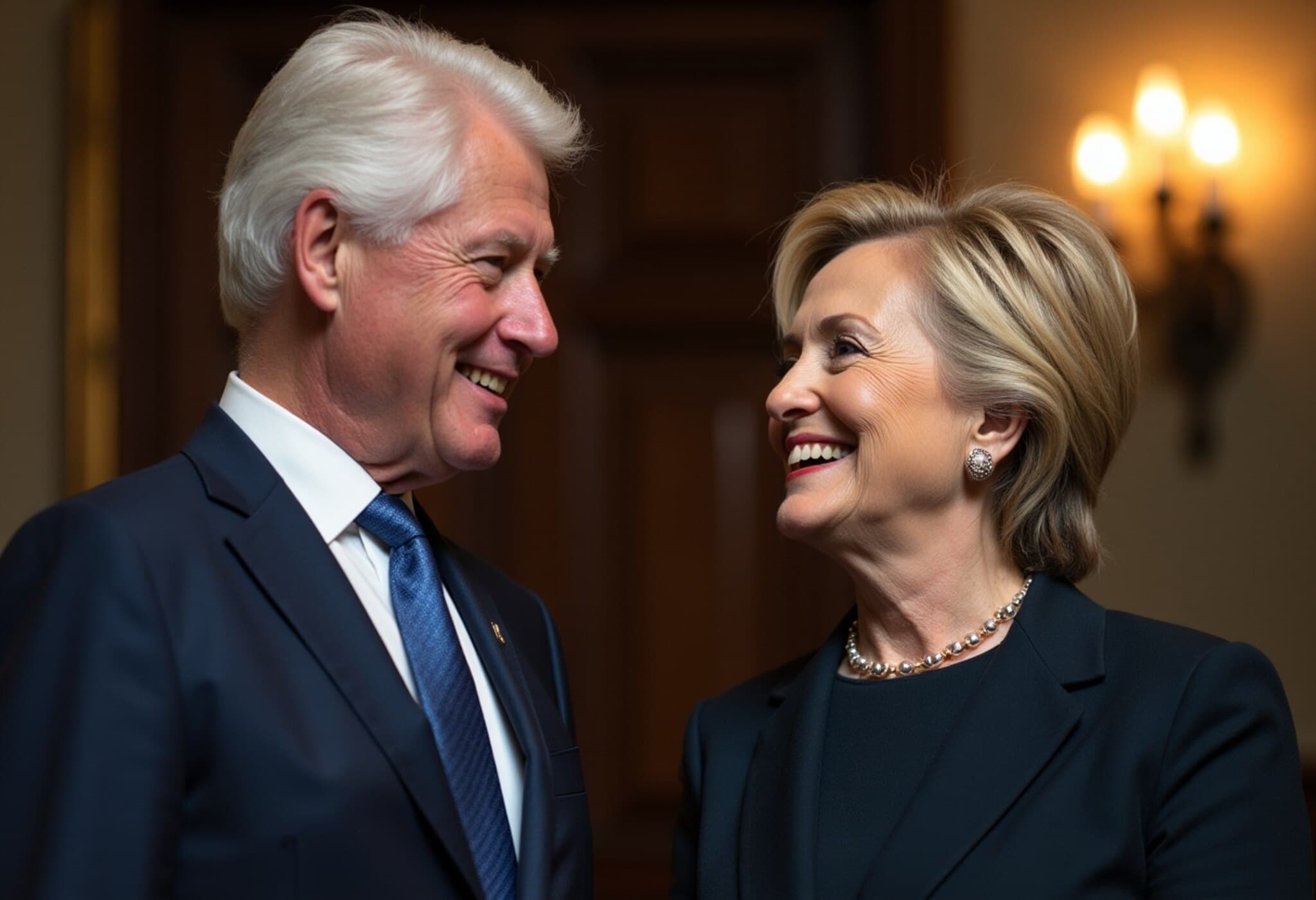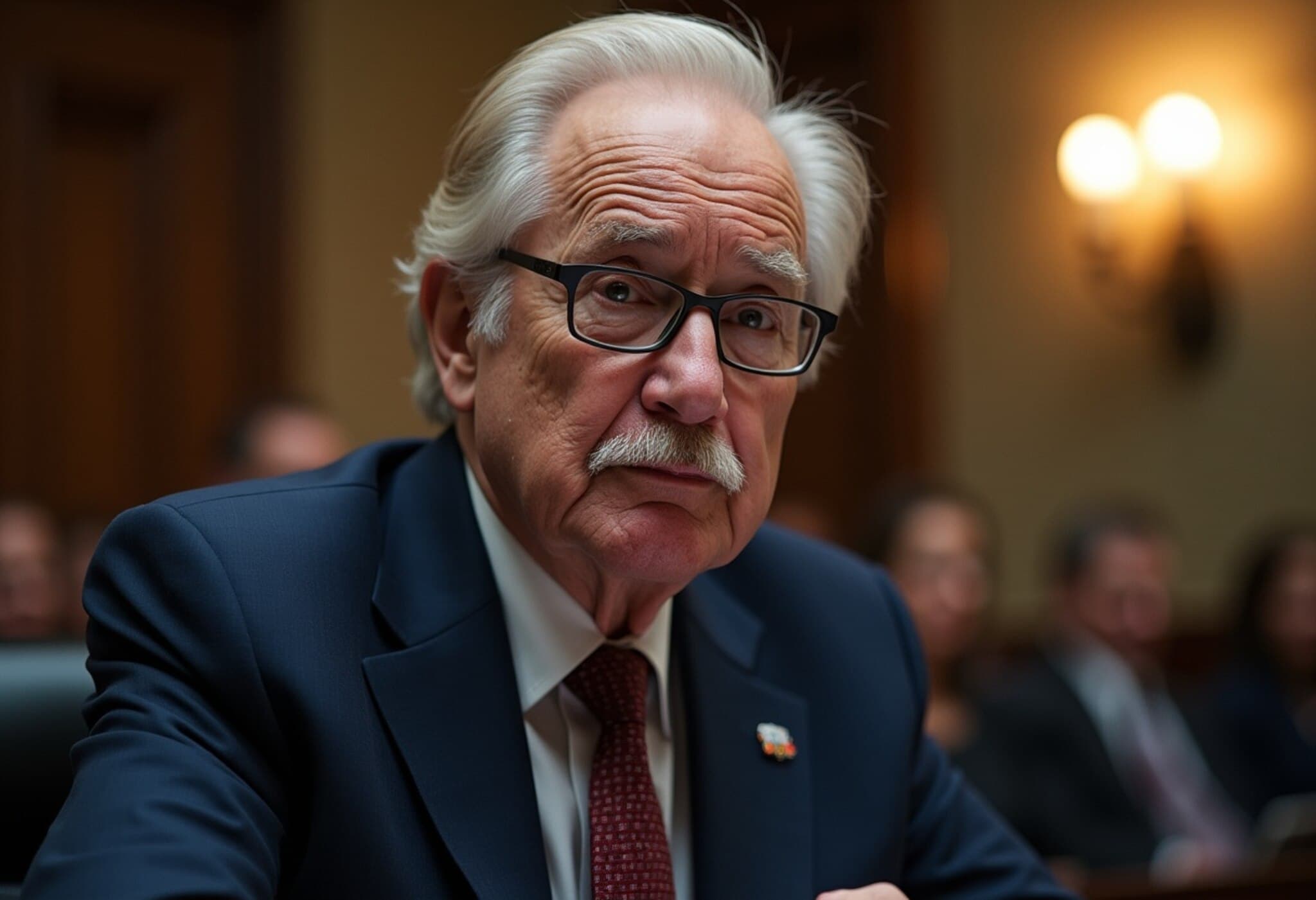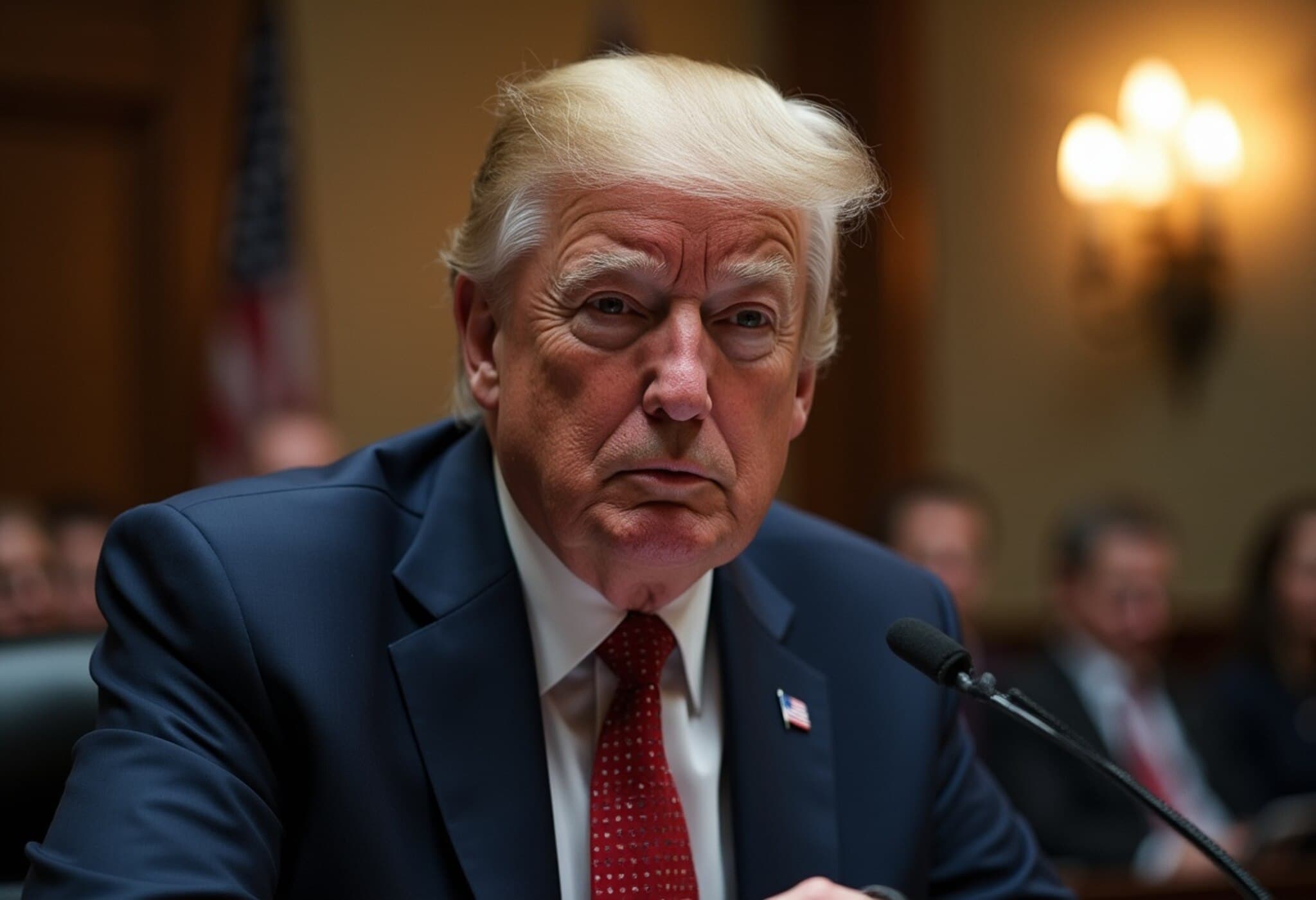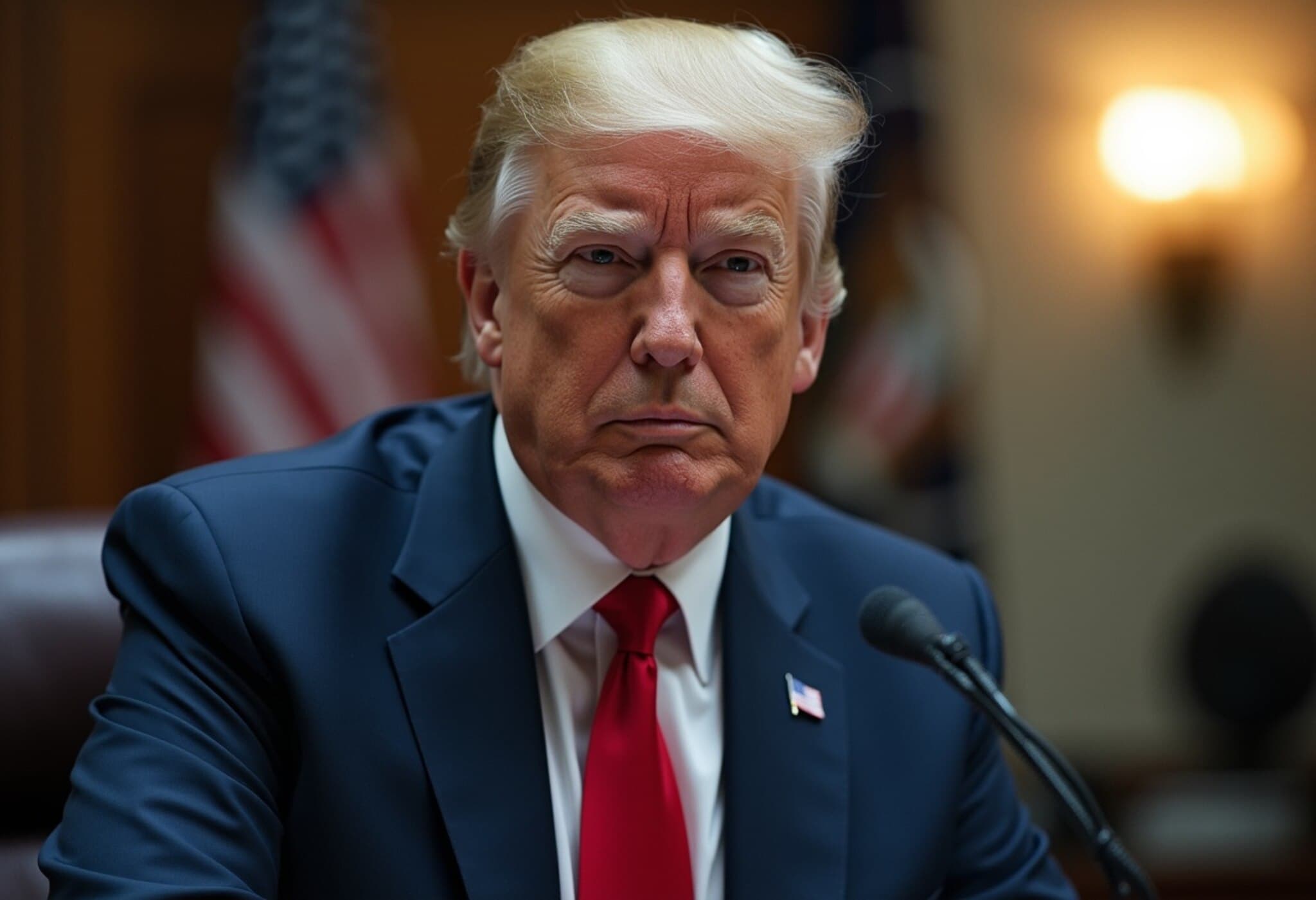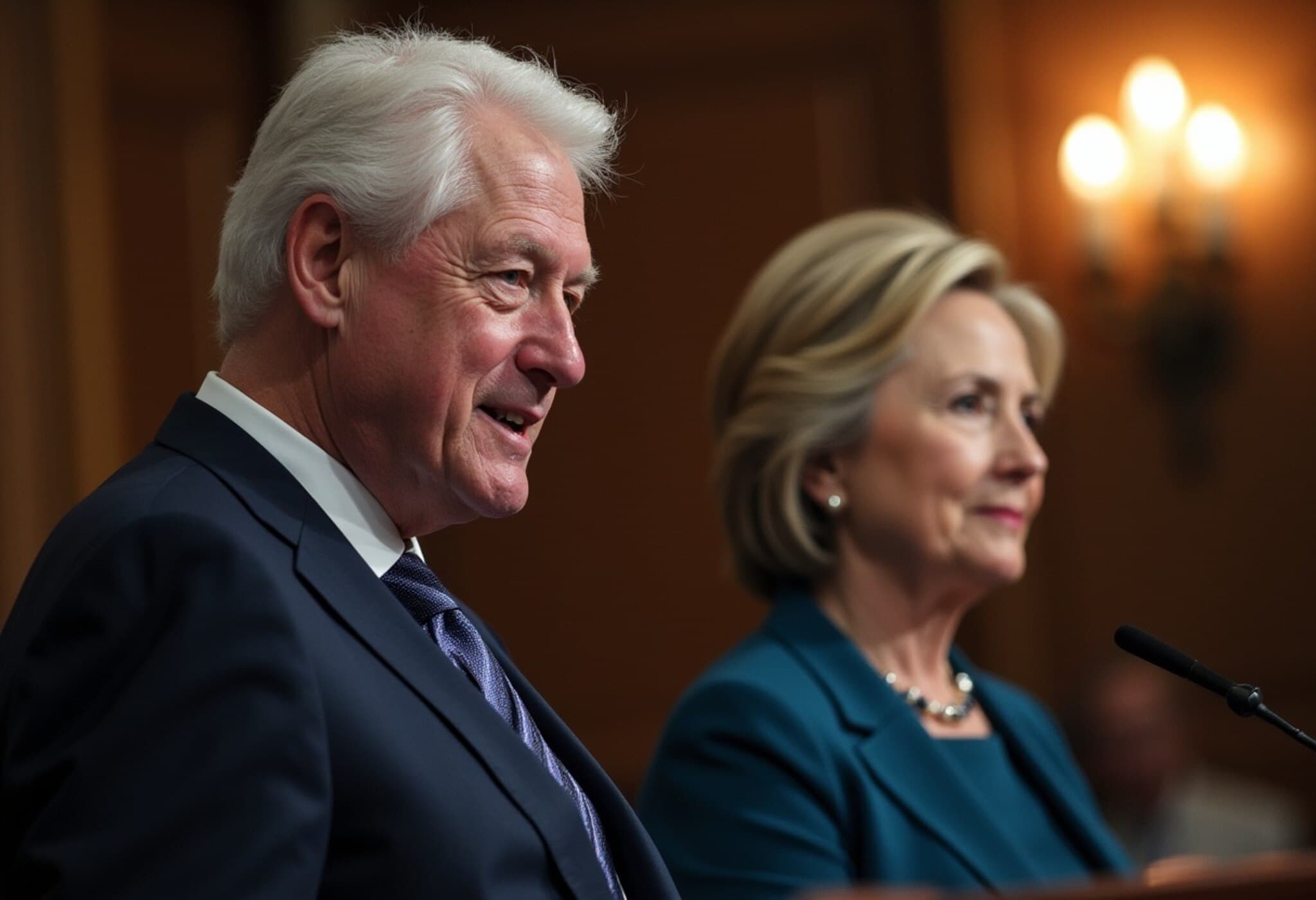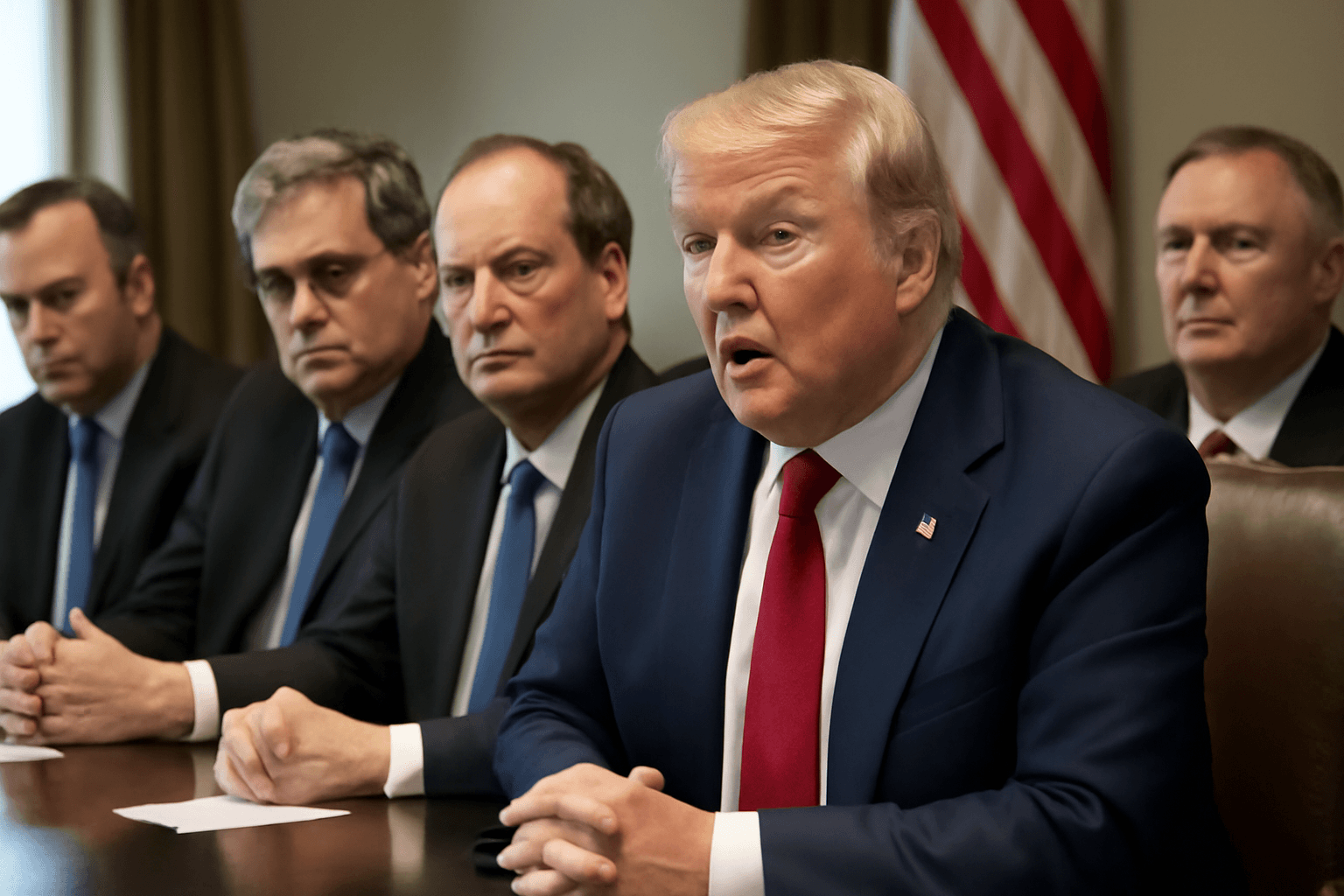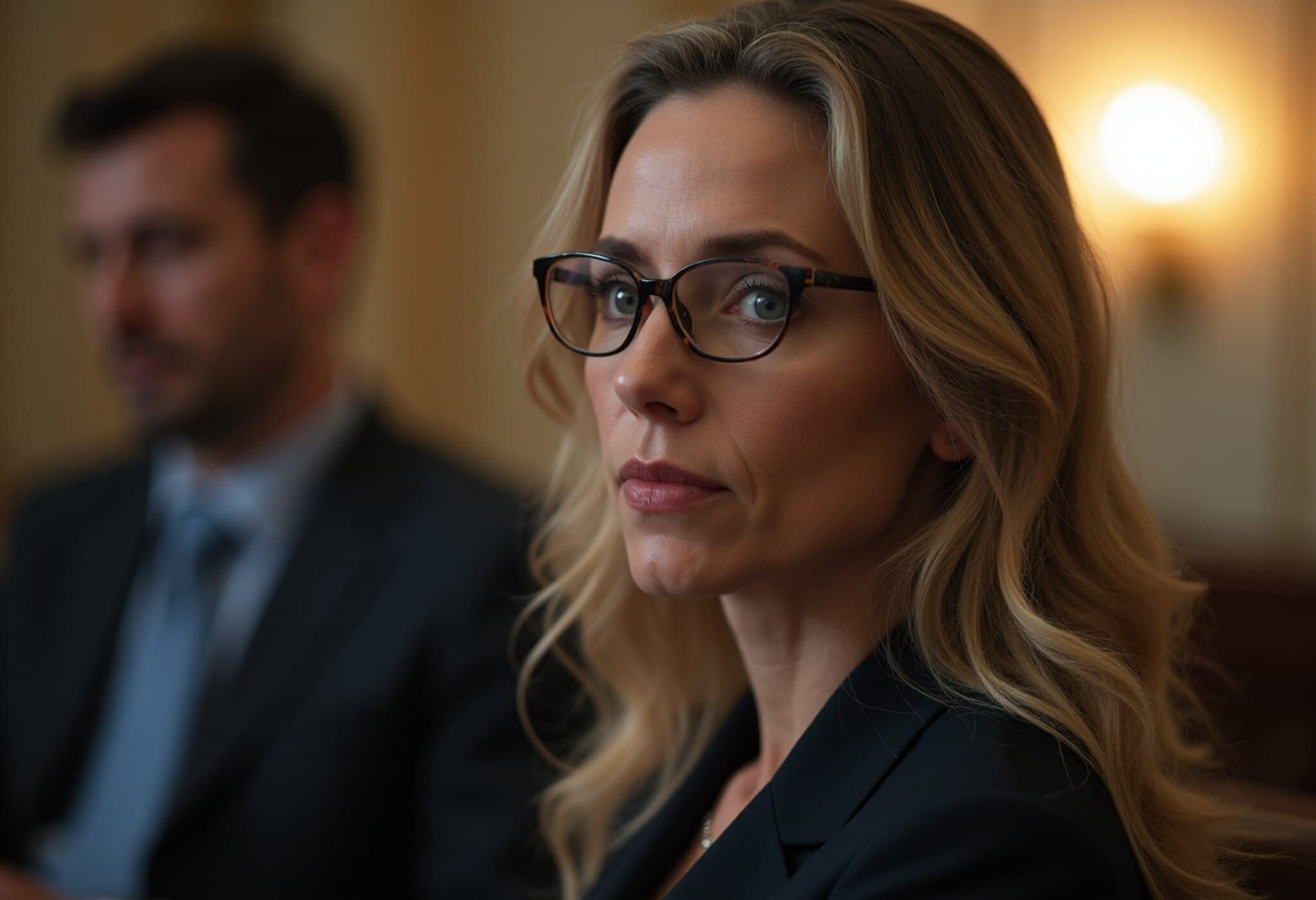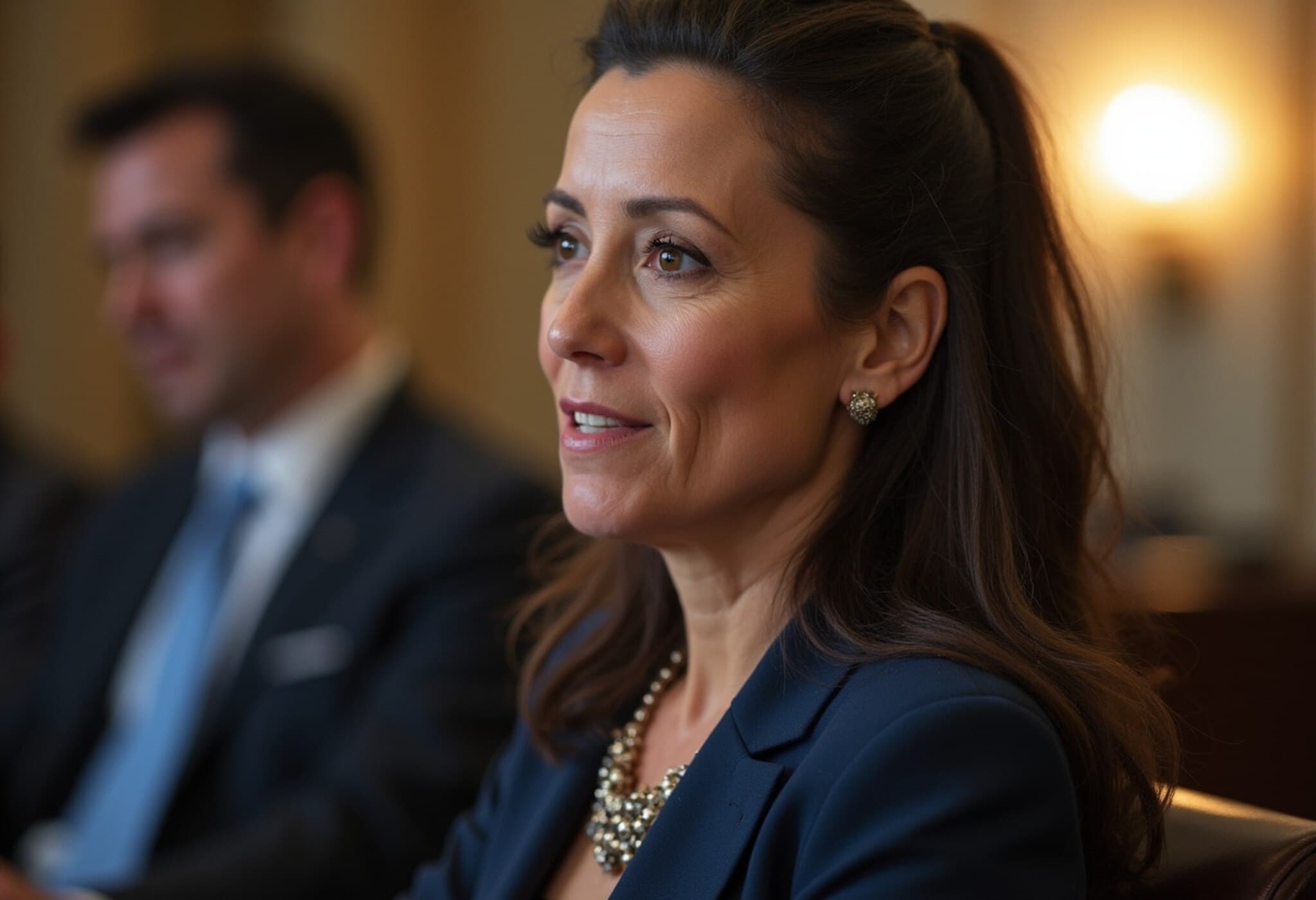Bill and Hillary Clinton to Testify Before Congress in Epstein Probe
In a significant development that reignites public scrutiny, former President Bill Clinton and former Secretary of State Hillary Clinton have been officially subpoenaed to testify before the United States Congress regarding documents and testimony linked to the Epstein investigation. This move underscores the ongoing efforts to unravel the extensive network surrounding the late financier Jeffrey Epstein, whose criminal activities have cast a long shadow over numerous high-profile figures.
Background on the Epstein Investigation
Jeffrey Epstein's 2019 arrest brought to light a disturbing web of sexual abuse and trafficking involving underage girls and influential personalities. The investigation has since become one of the most high-profile probes into elite misconduct, with congressional committees demanding transparency and accountability.
The Clintons, long in the public eye for their political and philanthropic engagements, have faced growing public curiosity and speculation over their ties to Epstein, who reportedly flew on Bill Clinton's private jet multiple times. While the former president and secretary of state have previously denied any involvement in Epstein’s illicit activities, congressional leaders are now seeking their direct testimony to clarify inconsistencies and shed light on their relationship with Epstein.
Congressional Subpoena: What It Means
- Legal Implications: A subpoena commands the Clintons to appear before Congress and provide sworn testimony, making refusal potentially subject to legal consequences, including contempt of Congress charges.
- Political Ramifications: This will likely intensify political debates, with implications for both parties, especially with the 2026 elections on the horizon.
- Public Interest: The move addresses growing demands from victims' advocates and the public for truth and justice surrounding Epstein’s criminal network.
Expert Perspectives and Unaddressed Questions
Legal analysts highlight that while a congressional subpoena can compel testimony, the scope and impact hinge on what new information the Clintons might provide or confirm. This subpoena does not imply guilt but reflects the necessity of transparency in such a high-stakes investigation.
Policy experts point out the broader significance of this hearing: How do connections among elites facilitate abuse, and what legislative reforms are needed to prevent future cover-ups? The Clinton subpoena could be a catalyst for deeper reforms in oversight of powerful individuals.
Moreover, this development raises critical but less publicized questions, such as:
- What was the extent of Epstein's use of political connections to evade justice?
- Are there gaps in existing legal frameworks that allow influential figures to shield themselves from scrutiny?
- How should Congress balance transparency with protecting individuals' legal rights during such investigations?
Regional and National Implications
This hearing is poised to attract intense media coverage and public attention, especially in the United States, where public trust in institutions and political leaders remains a delicate issue. In Washington D.C., where congressional actions often set precedent, this case could influence how future cases of political accountability are handled.
Additionally, for constituencies across the nation, the inquiry highlights the enduring intersection of power, privilege, and justice, inviting citizens to reconsider the safeguards that should exist within democratic systems.
Next Steps and What to Expect
Congressional committees have yet to confirm the exact date for the hearings, but sources suggest testimony could occur within the coming months, accompanied by a potential release of additional documents related to Epstein's network. Observers will be watching closely for any shifts in political narratives and public sentiment.
Editor's Note
The subpoena of Bill and Hillary Clinton marks a pivotal moment in the enduring Epstein saga, blending legal inquiry with political stakes. While the full impact remains to be seen, the situation underscores important conversations about accountability when power and privilege collide. For readers, it invites reflection on our legal and societal systems: How can institutions effectively hold even the most powerful individuals to account without compromising fairness? This unfolding story will continue to shape public discourse on justice and governance.

